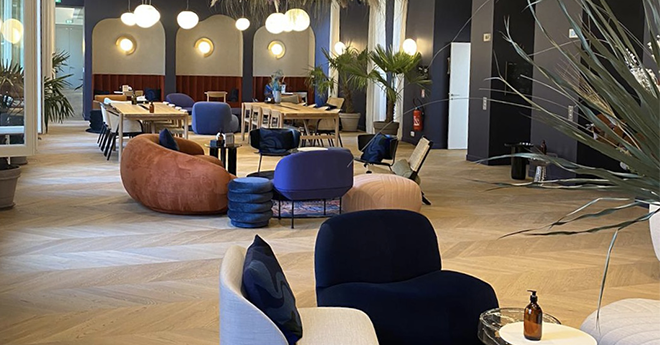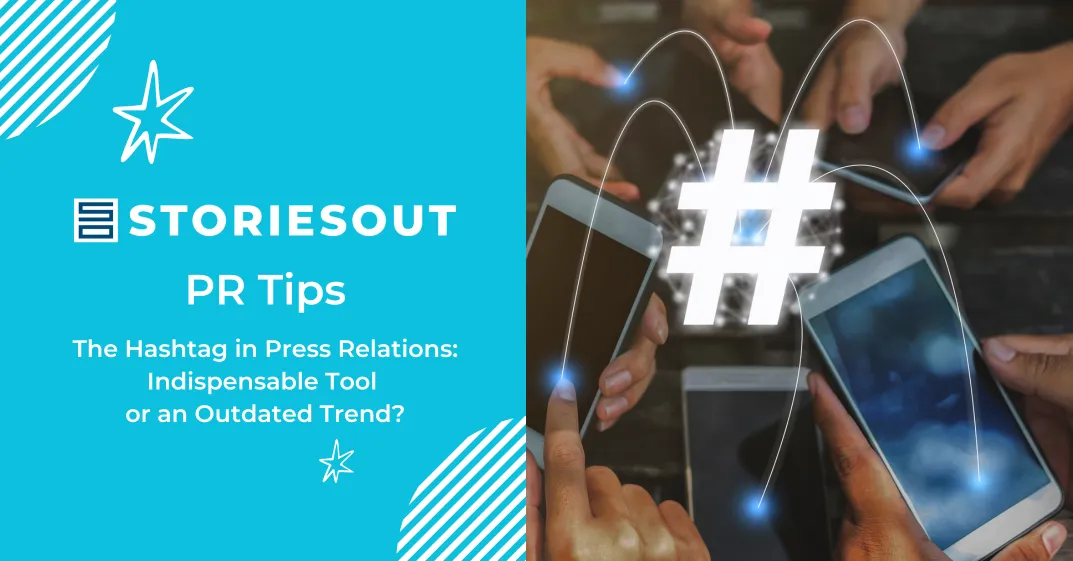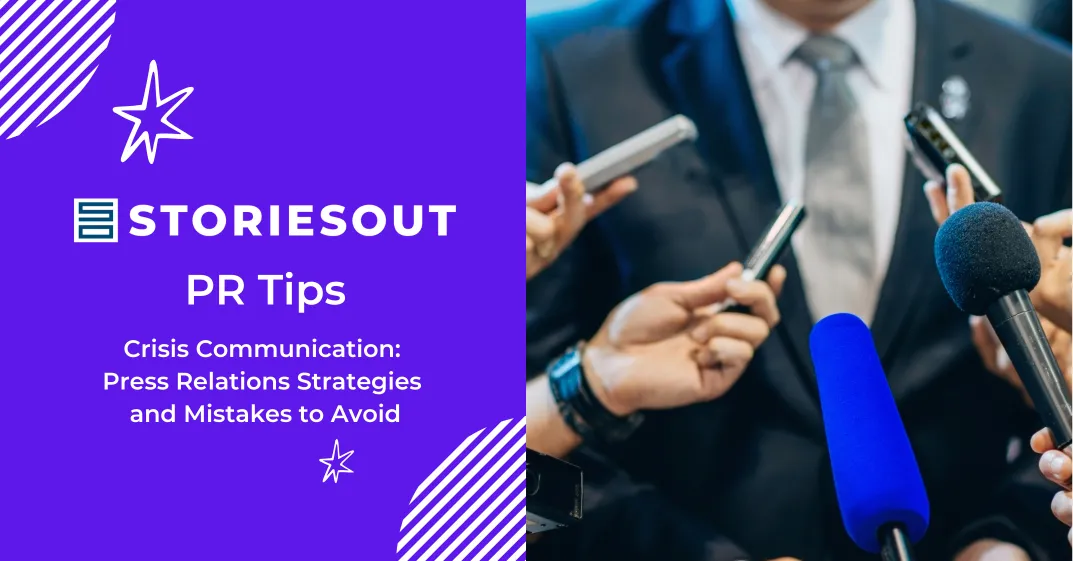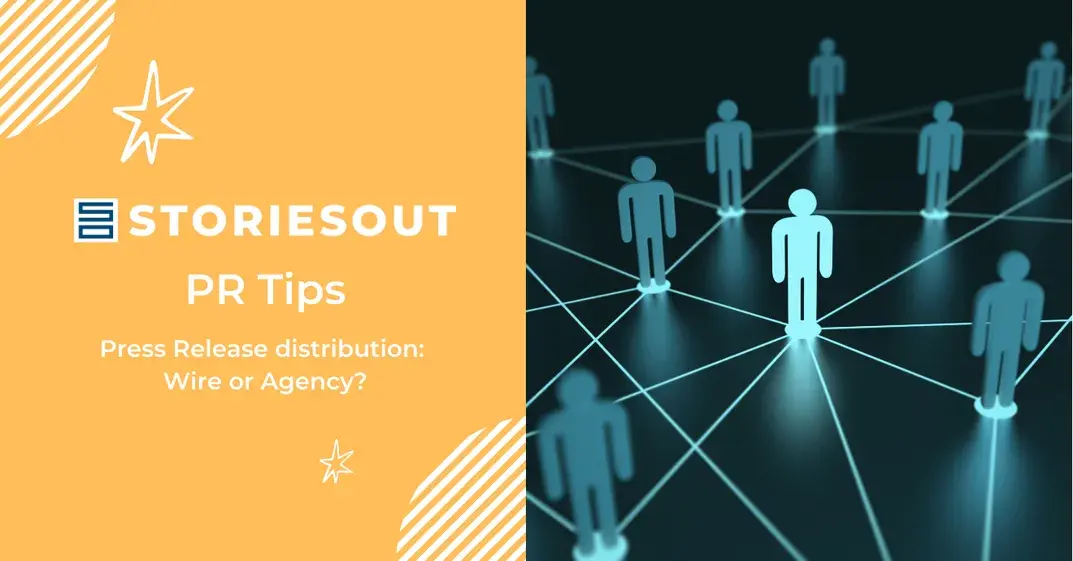Here we are. Your company feels mature enough to invite the “media that counts” to a dedicated event: the Press Conference. The press conference is an initiation point if there ever was one, but it remains a delicate PR event to present, organise and animate. Here is some essential best practice to make it a success.
# 1 – Ask the right questions
- What do you have to say that is so important? To start, put your own messages to the 5 Ws test: What, Who, Where, When and Why
- What is the sequence, scenario and timing?
- Who is speaking? Choice and preparation of speakers
- What format? Face-to-face, video conference or both
- When should it take place? Make sure that there are no other market events or press conferences on the same day and that the planned date is outside the school vacations
- What content do you have? The ones to produce, before, during and after the conference
- Which media targets (and in which order to manage them)? Previews, exclusivity…
- In what setting? The venue is often a compromise between price, accessibility and coherence with your image.
# 2 – Organise and prepare
Upstream preparation represents a relatively large amount of work: roadmap, choice of theme, speakers, format, location, press targets, then development of the synopsis and key messages to be delivered on the day. Remember to time the screenings and rehearsals to be clear on who is saying what, at what time, with illustrations and data to support it.
Before each conference, as before each interview, it is imperative to have the speakers rehearse in situ. Now that the subject is perfectly defined, we can start contacting journalists who might be interested in the information, sending them a save-the-date so that they can block the date in their diaries.
# 3 – Chiseling the content
In parallel to the very regular exchanges that we must have with our client for the success of the operation and the discussions and follow-ups with the journalists that are starting, the agency will tackle the most meticulous part of the exercise: the creation and writing of content, invitations, press release, study summary, press kit, infographic, by-line, white paper, anything relevant that can be imagined so that the journalist has enough elements to deal with the subject, accompanied by visuals, videos… Offering quality content to the identified audience is a guarantee of targeted and qualitative fallout.
# 4 – Propose a coherent and rhythmic sequence of events
Together with the company, the agency must advise and plan the welcoming of the guests, the introduction of the participants, then the presentation of the study or the barometer, the presentation of the news for which the media are mobilised and reserve about fifteen minutes for questions and answers. Post-conference exchanges allow us to better understand the media’s expectations and topics, both in the immediate and longer term, to plan 1/1 interviews with the speakers, to reserve certain illustrations or testimonials for them, and to go further for an in-depth paper. The press conference is above all a moment of conversation with the journalists.
# 5 – Follow-up and learn from the event
Once the press conference is over, it is necessary to quickly transmit the information to the media who were present or contacted about the conference and more widely to those who cover the sector. The agency must be attentive to the journalists’ requests and provide them with precise data, quotes, images, and put them in touch with the desired speakers. The brand must be available to the agency and the journalists to help them turn the story into a success.
Measuring results, both immediate and long term, requires sharing and maintaining a comprehensive log of actions taken, in progress, and to be developed, with a thorough analysis of the media fallout collected to determine if the initial ambitions and the results obtained converge.
Press relations are not an exact science and must be considered over time.
If you want to know more and entrust us with the organisation of your press conference, don’t hesitate to get in touch. Contact us.
The picture above gives you a glimpse of the success of the press conference at the Hotel de la Marine, Paris organised for Morning, leader of coworking in France who has been a client of StoriesOut agency for 3 years (campaign conducted in July 2021).




